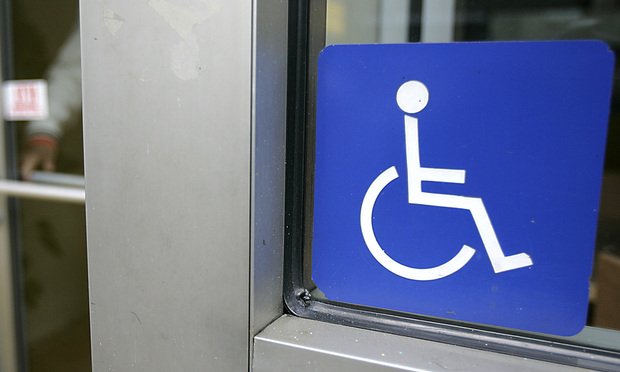
A California appellate court last week joined courts across the country that have found the Americans with Disabilities Act applies to the websites of brick-and-mortar businesses.
In a 33-page published decision written by Justice Maria Stratton, the Second District Court of Appeal affirmed a lower court judgment finding that the owner of the Los Angeles restaurant The Whisper Lounge had violated the ADA—and, therefore, the state's anti-discrimination law—by failing to render its website accessible to blind customers.
Related: Yes, obesity is protected by anti-discrimination law
Plaintiff Cheryl Thurston, who is blind, is represented by a team from Pacific Trial Attorneys in her claim that the restaurant website, www.whisperloungela.com, could not be accessed with screen reader technology, which the visually impaired use to browse the internet and read websites.
Lawyers for the restaurant's owner, Midvale Corp., had asked the court to adopt the position of a 1998 decision from the U.S. Court of Appeals for the Third Circuit, Ford v. Schering-Plough. That ruling held that the ADA applies only to physical barriers and physical places.
But the Second District turned back Midvale's request and issued an opinion that fell closer in line with opinions from a number of courts that have considered questions of website accessibility since the Ford decision, including a decision involving the Domino's Pizza website handed down by the U.S. Court of Appeals for the Ninth Circuit earlier this year.
"We hold that including websites connected to a physical place of public accommodation is not only consistent with the plain language of Title III [of the Americans with Disabilities Act], but it is also consistent with Congress's mandate that the ADA keep pace with changing technology to effectuate the intent of the statute," Stratton wrote.
The restaurant's lawyer on appeal, Marc Poster of Greines, Martin, Stein & Richland, said he and his client had "no comment at this time."
But Scott Ferrell of Pacific Trial Attorneys said that he expects the defense to ask the California Supreme Court to review the case and added that he would welcome the court's review of the case.
Ferrell noted that the Second District opinion cited the California Supreme Court's recent decision in White v. Square, which involved a lawyer's claims that the payment platform discriminates against bankruptcy professionals. There the state's high court found that "visiting a website with intent to use its services is, for purposes of standing, equivalent to presenting oneself for services at a brick-and-mortar store" under California's Unruh Civil Rights Act.
"Do you really think that the California Supreme Court would conclude that the Unruh Act protects a bankruptcy lawyer from discrimination by an online-only business but does not protect the disabled community?" Ferrell said. "Logically, the answer is an emphatic 'Not a chance.'"
Said Ferrell: "Be clear: If you do business in California, your sales platform must be accessible to the disabled. It makes no difference whether that platform is brick-and-mortar, web-only, or some combination."
© Touchpoint Markets, All Rights Reserved. Request academic re-use from www.copyright.com. All other uses, submit a request to [email protected]. For more inforrmation visit Asset & Logo Licensing.






